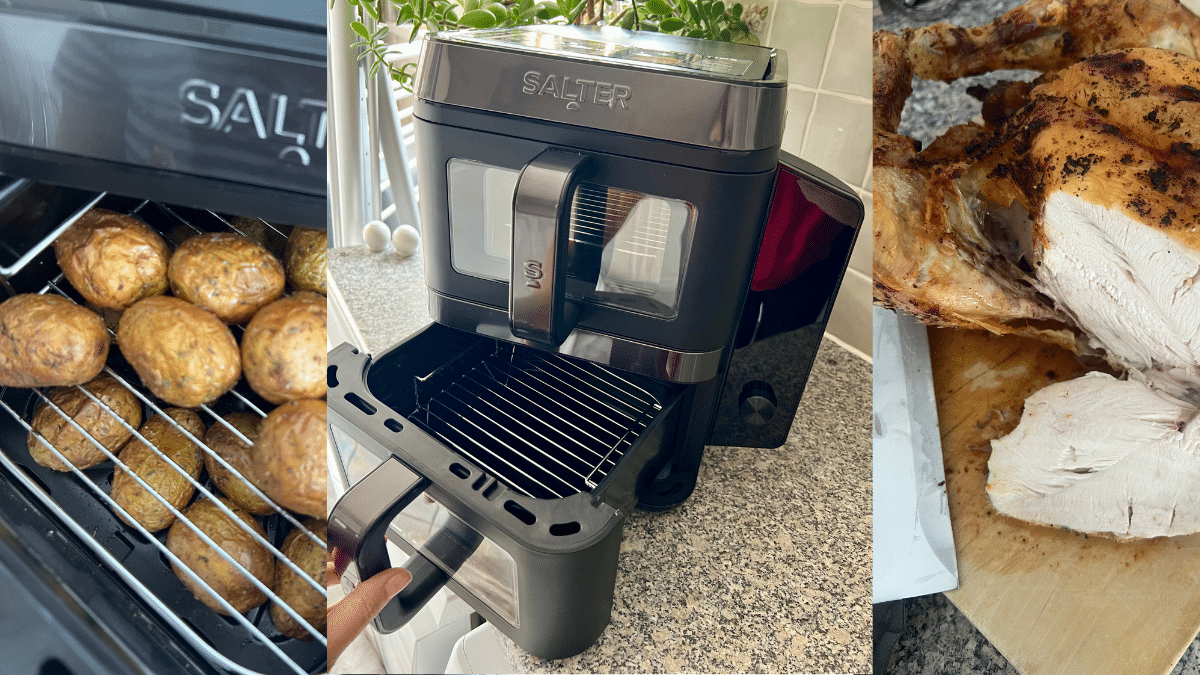
Most people with Crohn’s disease know all too well what a flare feels like. Symptoms like diarrhea, abdominal pain, nausea, and exhaustion can be uncomfortable and embarrassing. So it’s a relief when they disappear. But if you don’t have any symptoms, does that mean you’re in remission?
The answer is more complicated than you might imagine. There are several types of remission. And “remission” tends to mean something different to patients than to their doctors, says Ariela Holmer, MD, a gastroenterologist with the NYU Langone Inflammatory Bowel Disease Center.
“Patients focus on symptoms, because those are what cause decreased quality of life and disability and why they come to see us in the first place,” she says.
But to doctors, remission means that your small and large intestines are healthy so you can avoid complications, she says. There can be a disconnect between symptoms and what’s going on in your digestive tract.
“You can be walking around feeling fine and still have active disease that’s visible when we do an endoscopy or MRI,” she says.
Ultimately, she explains, having inflammation in your intestines is what leads to complications.
Crohn’s disease is often aggressive, Holmer says. If it’s not treated the right way, Crohn’s can lead to ulcers and holes in the wall of your intestines. You may develop strictures (narrowed areas in the intestine), as well as fistulas (abnormal channels that connect your intestines to another organ).
These complications often need to be repaired with surgery. Long-term inflammation in your intestines also raises the risk that you’ll get colon cancer.
The bottom line: Even if you don’t have symptoms, you’ll need testing to find out whether your disease is still active.
What Are the Types of Remission?
The definition of remission in Crohn’s disease has changed over the past few years. Most inflammatory bowel disease (IBD) experts use at least four different terms to describe the various types of remission.
Clinical remission. This is something you can identify on your own. It simply means that you don’t have any noticeable symptoms.
Biochemical remission. This means you’re in remission according to lab tests, specifically blood tests and stool tests. Your gastroenterologist should do blood tests to monitor your level of C-reactive protein, an inflammatory substance, plus stool tests to check your level of another inflammatory substance called calprotectin. Ideally, both markers should be low for you to be in biochemical remission.
Endoscopic remission. Endoscopic remission means that when you get a lower endoscopy (a colonoscopy or sigmoidoscopy) your doctor sees no signs of inflammation, ulcers, or bleeding. That’s a very good sign that your disease is under control.
The International Organization for the Study of IBD recommends that doctors use endoscopic remission as the long-term treatment target for Crohn’s disease. In other words, the fact that you feel better isn’t enough. Doctors should keep tweaking your treatment until your intestines show proof that you really are better.
During your endoscopy, your doctor will probably also take small samples (biopsies) of your intestinal tissue to be analyzed. If no inflammation can be seen under a microscope, you’re said to be in histologic remission. (Histology refers to the microscopic examination of tissue.)
Deep remission. If you meet the definitions for both endoscopic and clinical remission, congratulations. You’re in deep remission. Research has found that people with Crohn’s who reach deep remission soon after being diagnosed and stay there for at least a year are less likely to have advanced disease and complications later on.
How to Avoid Relapses
There’s no cure for Crohn’s disease. People who have it tend to go through periods of remission with flares from time to time. Reaching deep remission should increase the chances that you’ll stay in remission longer — perhaps for many years. But other things also affect what your future with Crohn’s might look like, Holmer says.
Those include how old you were when were diagnosed. People diagnosed after age 30 usually fare better than those who’ve had Crohn’s since childhood. It also matters how much of your intestines has been affected by Crohn’s (less is better).
It also makes a difference whether you’ve had complications like ulcers, strictures, or fistulas. If you’ve had them before, you’re apt to have more complications in the future.
There’s no way to guarantee you’ll stay in remission. But you can tip the odds in your favor. Take your medications as your doctor directs. And see your gastroenterologist regularly — even if you feel fine.
“You should always stay in touch with your doctor and continue having your disease monitored with biochemical and endoscopic tests,” Holmer says.
“Some patients think, ‘OK, I’ve been in remission for 5 years, so I can stop seeing my doctor.’ Those are the ones that end up relapsing.”






